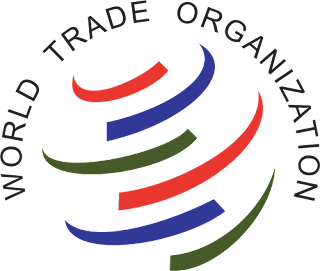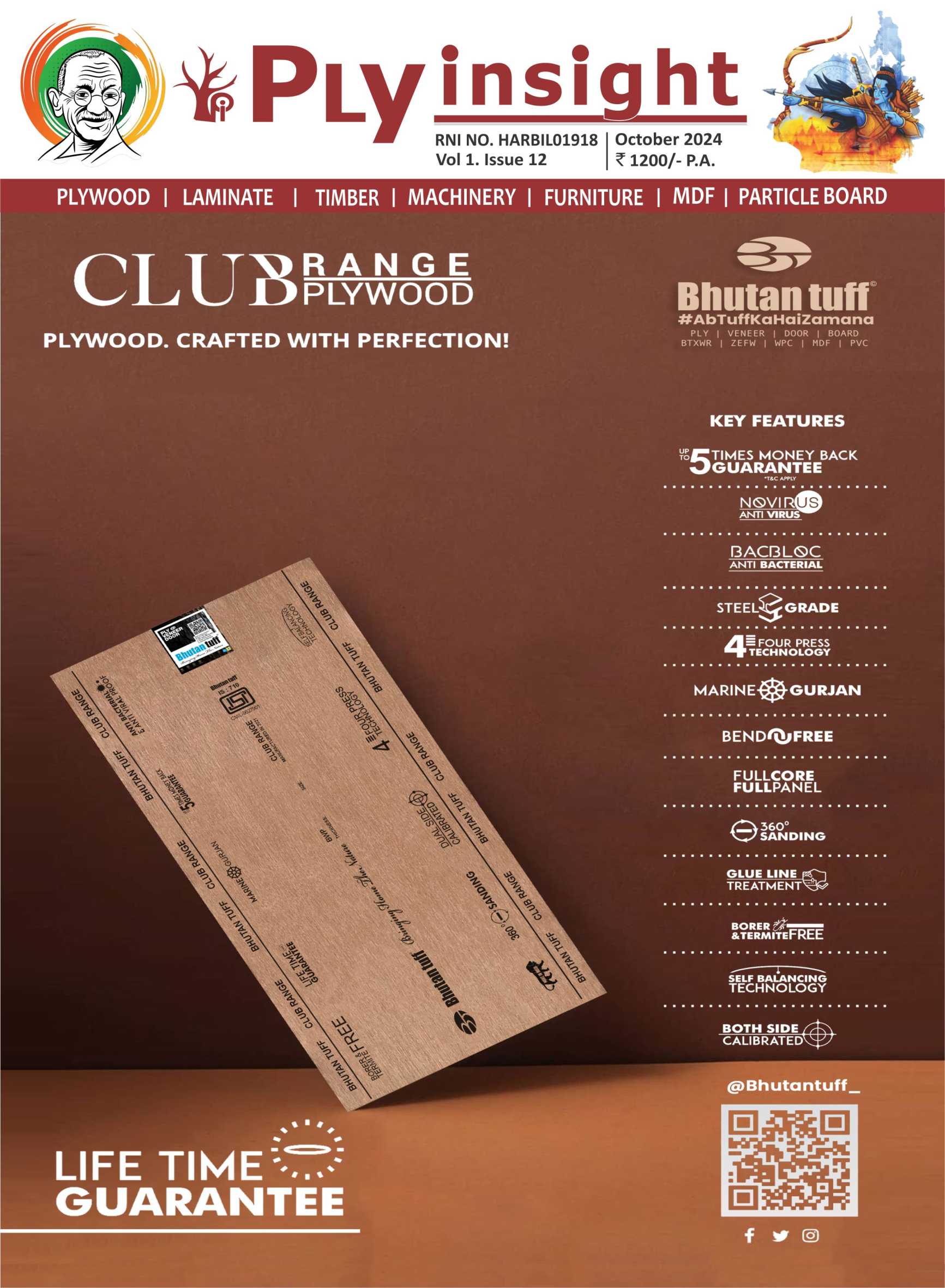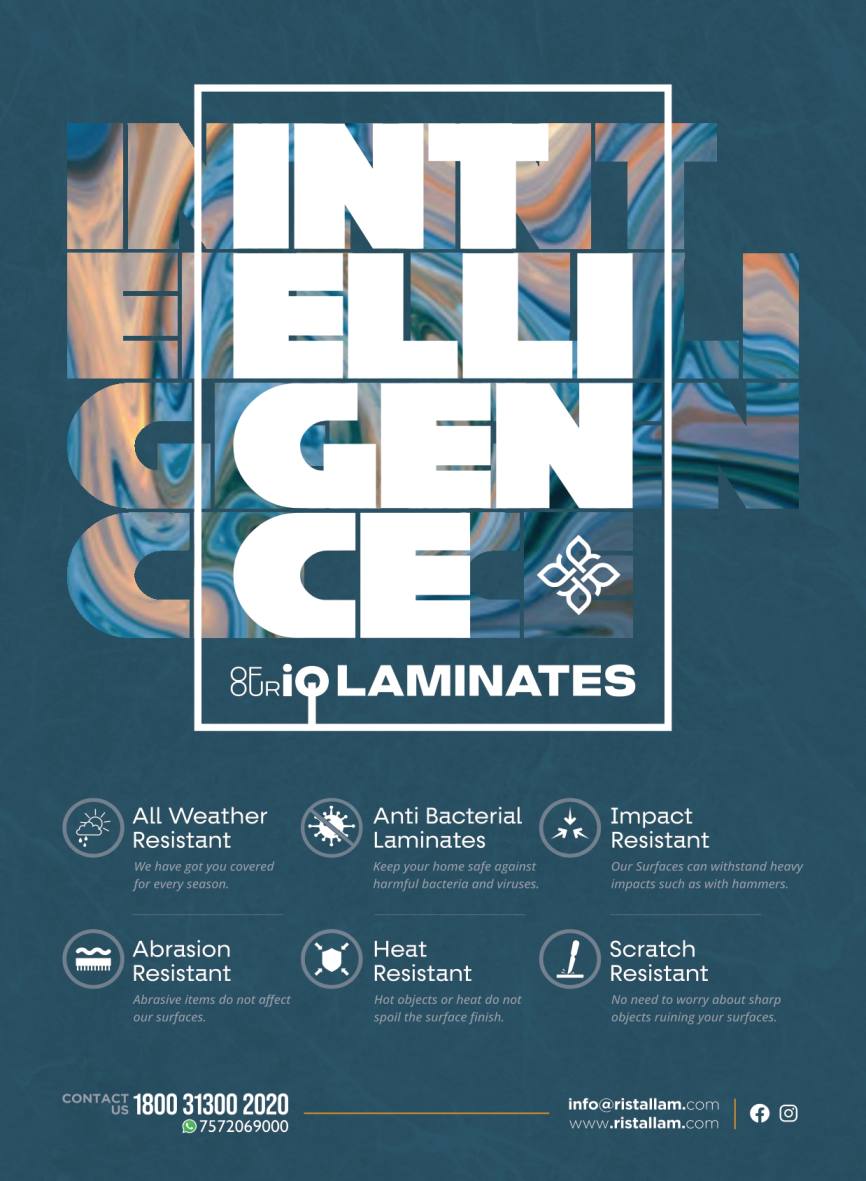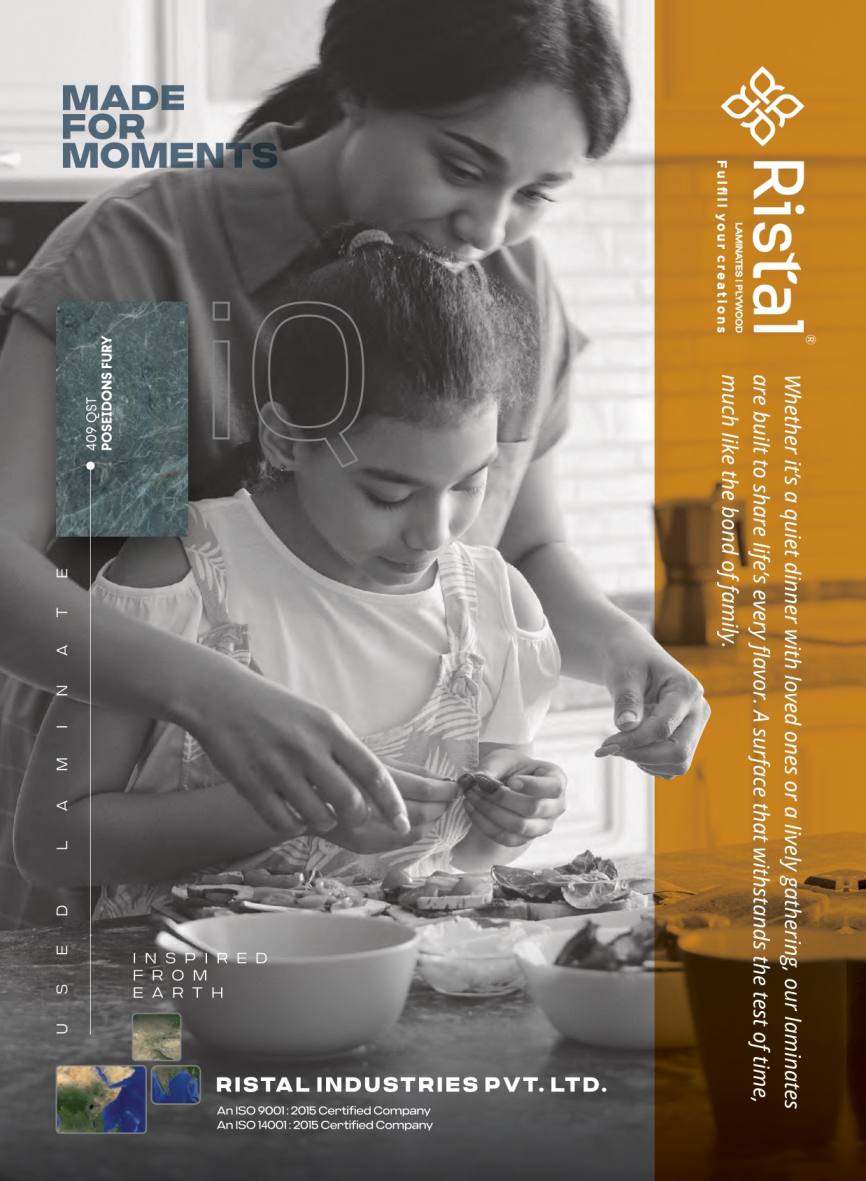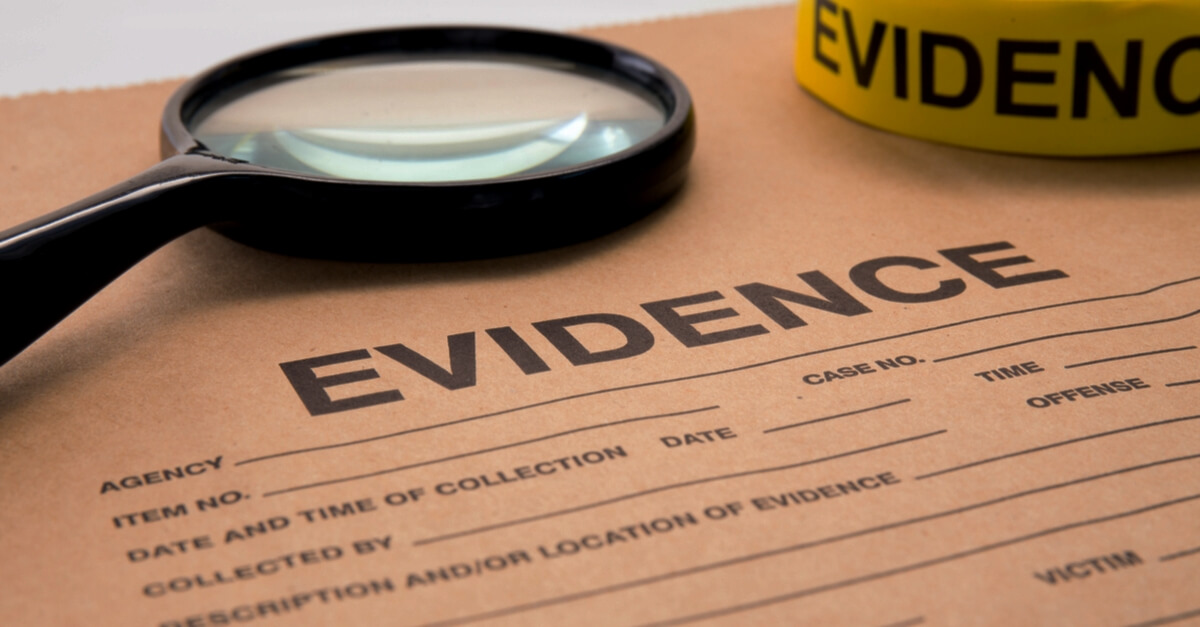
Evidence on 3rd parties subject to I-T action
- मई 21, 2023
- 0
The Supreme Court upheld an amendment that allows income tax officials to proceed against “third parties” against whom incriminating evidence was found at another person’s premises during search operations. It also said that the amendment would apply retrospectively.
The matter pertains to the application of Section 153C of the Income Tax Act, which provides the revenue department the power to proceed against third parties and issue notice and assess and reassess income in case of undisclosed income and assets.
The court said such proceedings were within the scope of Section 153C of the Income Tax Act, irrespective of whether the searches were conducted before or after June 1, 2015. Quashing a 2014 Delhi High Court order, the top court said the amendment to Section 153C would apply retrospectively to searches conducted prior to the date of the amendment. This also implies that action initiated against third parties will be covered under this and will apply to all pending and future proceedings.The amendment was necessitated because of the “narrow and restrictive” meaning given by the Delhi High Court in the Pepsico case, the apex court said. The Delhi HC’s observation came in the way of suppressing the very mischief that the legislature intended to suppress, the apex court pointed out. It said that while interpreting a statute the court must bear in mind the intention with which the legislation was passed and the mischief it sought to suppress.
However, there was contention over the applicability of the section and whether the amendment would be applicable retrospectively.
आयकर छापों में पाए गए तीसरे पक्ष के साक्ष्य पर कार्रवाही
उच्चतम न्यायालय ने कहा है कि अगर किसी के परिसरों में छापामारी या छानबीन के दौरान किसी तीसरे पक्ष के खिलाफ आपत्तिजनक साक्ष्य पाए गए तो तीसरा पक्ष आयकर अधिनियम की धारा 153सी के जद में आएगा। छापा 1 जून 2015 से पहले पड़ा हो या उसके बाद पड़ा हो, यह नियम दोनों हालत में लागू होगा।
धारा 153सी राजस्व विभाग को अघोषित आय एवं परिसंपत्तियों के मामले में किसी अन्य व्यक्ति या तीसरे पक्षों के खिलाफ कार्रवाई करने, नोटिस जारी करने और आय की समीक्षा करने का अधिकार देती है।
उच्चतम न्यायालय ने कहा कि वित्त विधेयक, 2015 द्वारा धारा 153सी में किया गया संशोधन पुराने मामलों पर भी लागू होगा। इसका एक मतलब यह भी है कि तीसरे पक्ष के खिलाफ उठाए गए कदम इस प्रावधान के तहत आएंगे और सभी विचाराधीन और भविष्य में होने वाली कार्रवाई इस धारा की जद में आएगी। पेप्सिको इंडिया के मामले में दिल्ली उच्च न्यायालय ने 2014 में धारा 153सी में दूसरे व्यक्ति या तीसरे पक्ष के लिए इस्तेमाल में लाए गए शब्द की सीमित व्याख्या की थी। इसके बाद सरकार ने 2015 में इस धारा में संशोधन किया, जो 1 जून 2015 से लागू हो गया।
शीर्ष न्यायालय ने कहा कि जो व्याख्या विधान की भावना को श्रेष्ठ रूप से प्रदर्शित करती है उसे ही तरजीह मिलनी चाहिए। न्यायालय ने कहा कि उच्च न्यायालय ने जिस तरह सीमित व्याख्या की थी, उसके कारण संशोधन की जरूरत आन पड़ी।
शीर्ष न्यायालय ने कहा कि धारा 153सी का मकसद जिस व्यक्ति के खिलाफ छापेमारी की गई है उसके अलावा दूसरे लोगों को भी इसके जद में लाना है। जब इस धारा में संशोधन नहीं किया गया था तब भी छापे की जद में आए व्यक्ति के पास मिले किसी तीसरे पक्ष के कागजात के आधार पर उस पक्ष के खिलाफ कार्रवाई की जा सकती थी।
शीर्ष न्यायालय ने यह तर्क भी खारिज कर दिया कि पुराने मामलों पर यह धारा लागू होने से व्यक्तियों के अधिकार प्रभावित होंगे। न्यायालय ने कहा कि यह तर्क आकर्षक जरूर प्रतीत होता है मगर निरस्त किए जाने योग्य है।

